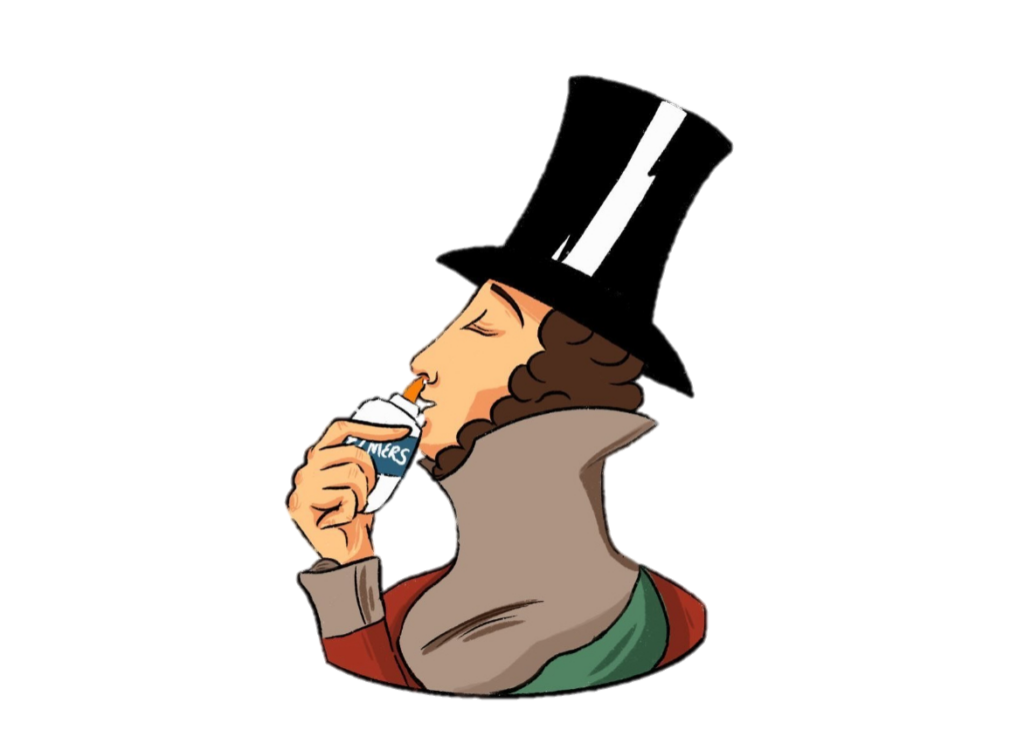As often happens with viral social movements, commercial brands jumped on the opportunity to take advantage of #MeToo. One example was the release of the hit animated film Despicable Me 2 in 2013. Cunningly, Universal Pictures anticipated the movement’s worldwide reach years before the American public.
I admire the way in which Despicable Me 2 capitalised on the opportunity of another fake liberal movement. As a tall white man, I personally identify with the main character Gru, who suffers constant injustices in today’s society. He correctly identifies a Mexican restaurant owner, Eduardo Pérez, as being the infamous “El Macho” — a legendary super-villain who illegally crossed the Southern Border to steal jobs in the United States. Gru is also burdened by his army of minions, a symbols of the outsourcing of manufacturing jobs to South Asian countries.
Most importantly, when confronted by his children, tokens of the millennial generation, Gru maintains that his relationship with Lucy is “strictly professional.” Gru is clearly afraid that his actions, such as acquiring her lipstick taser, will be misinterpreted as sexual harassment.
I believe Despicable Me 2 raises awareness for the discrimination white males face in society. The dichotomy of this masterpiece is that it panders to a liberal audience through its name whilst simultaneously subverting the ridiculous standard to which the white male is held in society. Simply genius, and besides: the tall one’s pretty cute.

